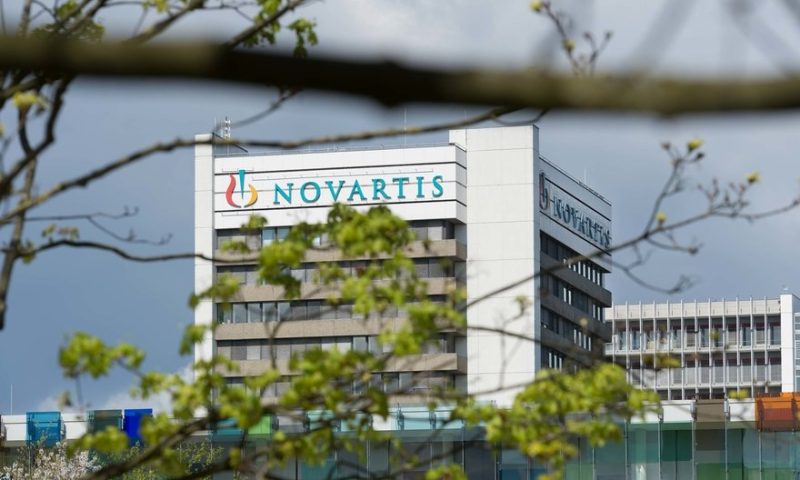Novartis has scrapped work on its Rett syndrome gene therapy AVXS-201 after finding the data don’t support further development. The action follows Novartis’ decision to gather extra data on the candidate in response to data manipulation during development of Zolgensma.
When the Zolgensma scandal hit in 2019, Novartis decided to review data quality and compliance for preclinical work on AVXS-201 and to repeat and add pivotal preclinical studies and quality controls. The extra work set back plans to get AVXS-201 into the clinic. In August 2020, Novartis said it had finished most of the preclinical studies, putting it a little behind the schedule it set out the prior year but still on track to file an IND and get AVXS-201 into the clinic.
Yet, Novartis has now torn up that plan, revealing (PDF) “the totality of the preclinical data does not support a path forward to human clinical trials.” Novartis is “exploring other options for this indication” but AVXS-201, a gene therapy that the Swiss pharma once planned to submit for approval in 2022, has landed on the scrapheap.
AveXis, which took AVXS-201 through preclinical before being bought by Novartis, described its work on the gene therapy on a quarterly results conference call with investors in 2017, explaining how it improved outcomes in mice and was found to be safe in an 18-month study in non-human primates. Armed with the preclinical data, AveXis planned to file to study AVXS-201 in humans around the end of 2018. Yet, after further work, Novartis has found the data don’t support a move into the clinic.
Novartis revealed the decision alongside other pipeline updates in its third quarter results. The list of discontinued projects includes 177Lu-PSMA-R2 in prostate cancer. Novartis, which acquired the asset in its takeover of Advanced Accelerator Applications, began a phase 1/2 trial in PSMA-positive, castration-resistant prostate cancer in 2018 but is now stopping work on 177Lu-PSMA-R2 to prioritize other programs.
Spartalizumab, also known as PDR001, is another casualty of the cull. The PD-1 drug failed a phase 3 combination trial in advanced melanoma last year but other studies continued. Novartis’ pipeline now lists phase 2 work in “malignant melanoma (combo)” as discontinued.
Novartis also used its quarterly results to disclose a delay to the anticipated submission of SAF312 for approval in chronic ocular surface pain. Previously, Novartis said it planned to file in 2024. That goal has now slipped to 2025 or later because of “study recruitment challenges.”

